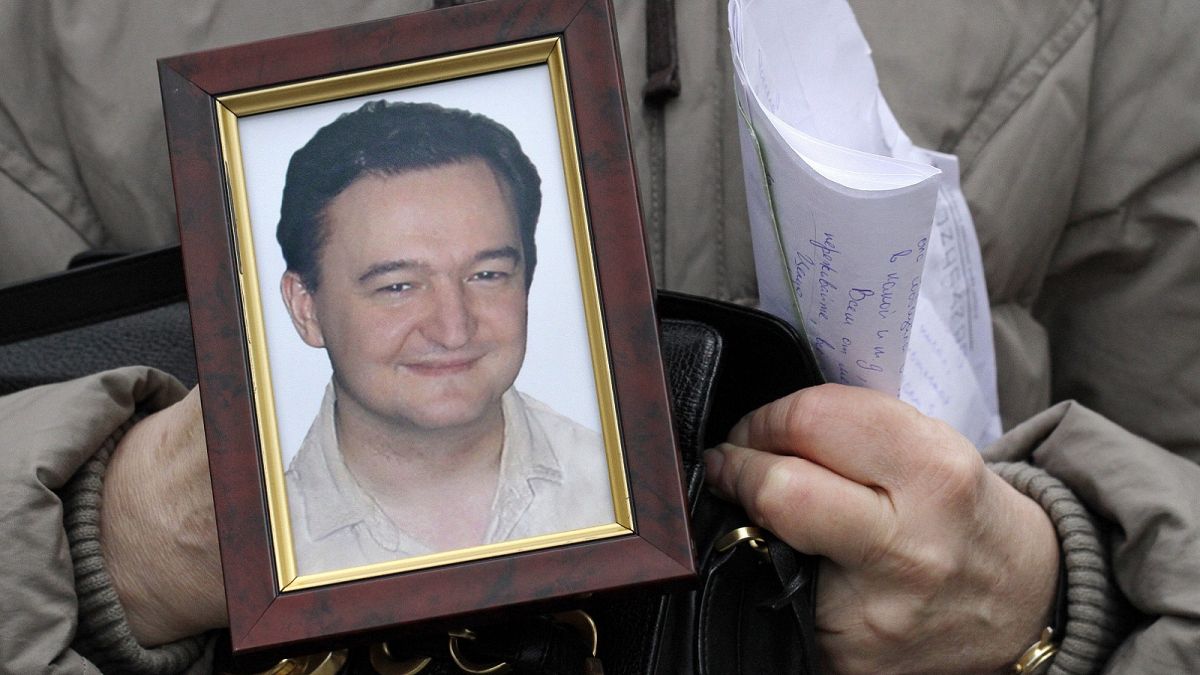What exactly do the new EU High Representative for Foreign Affairs, Josep Borrell and UK Foreign Secretary, Dominic Raab mean when they talk about Magnitsky sanctions? The question matters because both have committed to introducing them in their respective jurisdictions in the near future.
What exactly do the new EU High Representative for Foreign Affairs, Josep Borrell and UK Foreign Secretary, Dominic Raab mean when they talk about Magnitsky sanctions? The question matters because both have committed to introducing them in their respective jurisdictions in the near future. In the EU, the bureaucratic wheels have been set in motion in the form of an instruction to the European External Action Service (EEAS) to get working on the detail. In the UK, remarks by Raab and promises in the Conservatives’ election manifesto made clear a determination to use Magnitsky laws to combat the use of ‘dirty money’ in the UK, but little or nothing in terms of the detail of what that means.
In the US, of course, Magnitsky laws refer to the act brought in to honour the memory of Sergei Magnitsky, the lawyer imprisoned and killed in Russia following his investigation into public sector corruption. That act enables asset freezes and travel bans on two categories of people: those involved in gross human rights violations against people like Magnitsky who champion human rights or seek to expose corruption, and those said to have perpetrated acts of corruption themselves.
Neither the EU nor the UK are clear about whether their equivalent laws will similarly target both categories of people. The EEAS will doubtless have in mind various precedents where the EU imposed sanctions, for instance, on the alleged kleptocrats of the Mubarak regime in Egypt in support of the criminal cases brought against them by various successor governments. But what those precedents arguably show are the risks of supporting politically-motivated prosecutions, and effectively enabling a shakedown of former regime supporters by their political opponents.
What Raab fails to mention is that there are already Magnitsky-inspired provisions on the statute books in the UK in the form of amendments to the Proceeds of Crime Act 2002 (POCA) and the Sanctions and Anti-Money Laundering Act 2018 (SAMLA). But both of those laws target only the first category of people – those connected with or benefited from the torture of political opponents – and would be no use at all in stopping the use of ‘dirty money’ to pay school fees or buy expensive properties in London, for example.
So, both jurisdictions have some important decisions to make, in terms of how far their Magnitsky regimes will go in restricting the movement and spending of individuals suspected of corruption. Of course, the elephant in the room is that they are having to do it separately because the UK has decided to leave the UK, but not, it seems, decided whether it will cooperate and how with the EU on financial crime and sanctions afterwards.
The awkwardness of that position has important knock-on effects. One of those is that sanctions of course work better when they are multilateral. The political and practical impacts of imposing them would be heavily diluted if the UK imposed them and the EU didn’t and indeed vice versa (given the UK’s historic importance in the world of sanctions, and what we must hope will continue to be its strong diplomatic and intelligence capabilities).
The other is that, whatever the shape of the UK’s Magnitsky laws, they will at least (as, when and to the extent that they are done outside the EU’s sanctions regime) be challengeable in UK courts, as opposed to the Court of Justice of the European Union (CJEU), which in this context is frankly close to worthless. A Russian oligarch whose spending in the UK is suddenly stopped by a minister on grounds that are no stronger than ‘reasonable suspicion’ – assuming it is the sort of scheme set out in SAMLA under post-Brexit sanctions – is unlikely to take that decision lying down, and the courts may have something to say about it.
That last point exposes a real tension in the concept of Magnitsky sanctions, which are essentially decisions by elected politicians about a set of people who, because of allegations made about them that may or not be true combined with preconceptions about the countries they come from, are often terribly unpopular with voters. In any civilised jurisdiction based on the rule of law, even such unpopular individuals deserve due process, which here means the right to test those allegations in an independent court.
The UK system has a particular way of dealing with that in the form of a scheme under POCA for civil recovery of the proceeds of crime. Though the advent of unexplained wealth and account freezing orders has weakened the protections of property holders recently, that scheme still depends on the decisions of independent judges rather than ministers and so is the right one to be used for tackling suspected corruption.
The questions then are whether the UK really intends to depart from that system, whether the EU will do the same, and whether the decision makers in both jurisdictions are talking to each other. For an idea that is meant to be about sending clear messages about defending human rights, the Magnitsky legacy demands that the EU and the UK get their acts together and make clear what detail - if any - lies behind these grand political pronouncements.
John Binns is a partner at BCL Solicitors LLP, specialising in financial crime, money laundering and sanctions.
____________
Are you a recognised expert in your field? At Euronews, we believe all views matter. Contact us at view@euronews.com to send pitches or submissions and be part of the conversation.



